Potassium iodide is a specific blocker of thyroid radio-iodine uptake.
| SUPPLEMENT FACTS | |
|
Serving Size 1 tablet Servings Per Container 14 |
|
| Amount Per Serving | |
| Potassium iodide | 130 mg |
|
Other ingredients: dicalcium phosphate, microcrystaline cellulose, silicon dioxide, stearic acid, magnesium stearate, pharmaceutical glaze. This product contains NO milk, egg, fish, peanuts, crustacean shellfish (lobster, crab, shrimp), soybeans, tree nuts, wheat, yeast, gluten, corn, or rice. Contains NO sugar, and no artificial sweeteners, flavors, colors, or preservatives. |
|
Dosage and Use
Potassium iodide should only be taken when instructed to do so by official health warnings.
Do not use as an everyday supplement.
The maximum dosage for adults is 130 mg per day.
The following is recommended for children (can be crushed and given in liquids to children too small to swallow pills):
- 3–18 years: 65 mg (1/2 tablet)
- 1 month–3 years: 32 mg (1/4 tablet)
- Birth–1 month: 16 mg (1/8 tablet)
Importantly, potassium iodide that is not absorbed by the thyroid gland is quickly flushed from the system through urine.
By
-
Flag
Comments? Question?
Updated Dec. 21, 2015,
about 10 years ago
UPC: 737870577140
Distributed or manufactured from Life Extension. See more Life Extension products.
*Not intended to diagnose or treat diseases or ailments, and is not reviewed by the FDA.
Uses & Indications.- Protection From Radiation During Nuclear Disaster
- Thyroid Cancer
- Exposure To Radioactive Iodine
Compare to these:








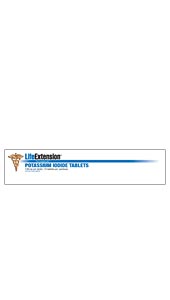
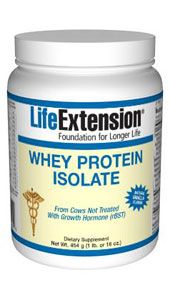
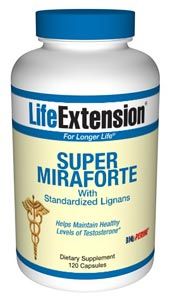
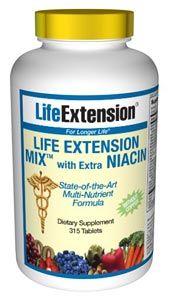
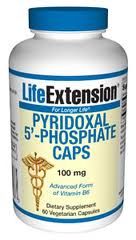
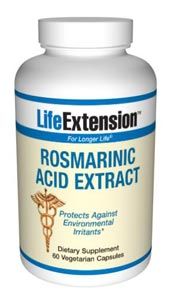
 Publish your shopping cart to facebook and get free shipping in U.S.
Publish your shopping cart to facebook and get free shipping in U.S.